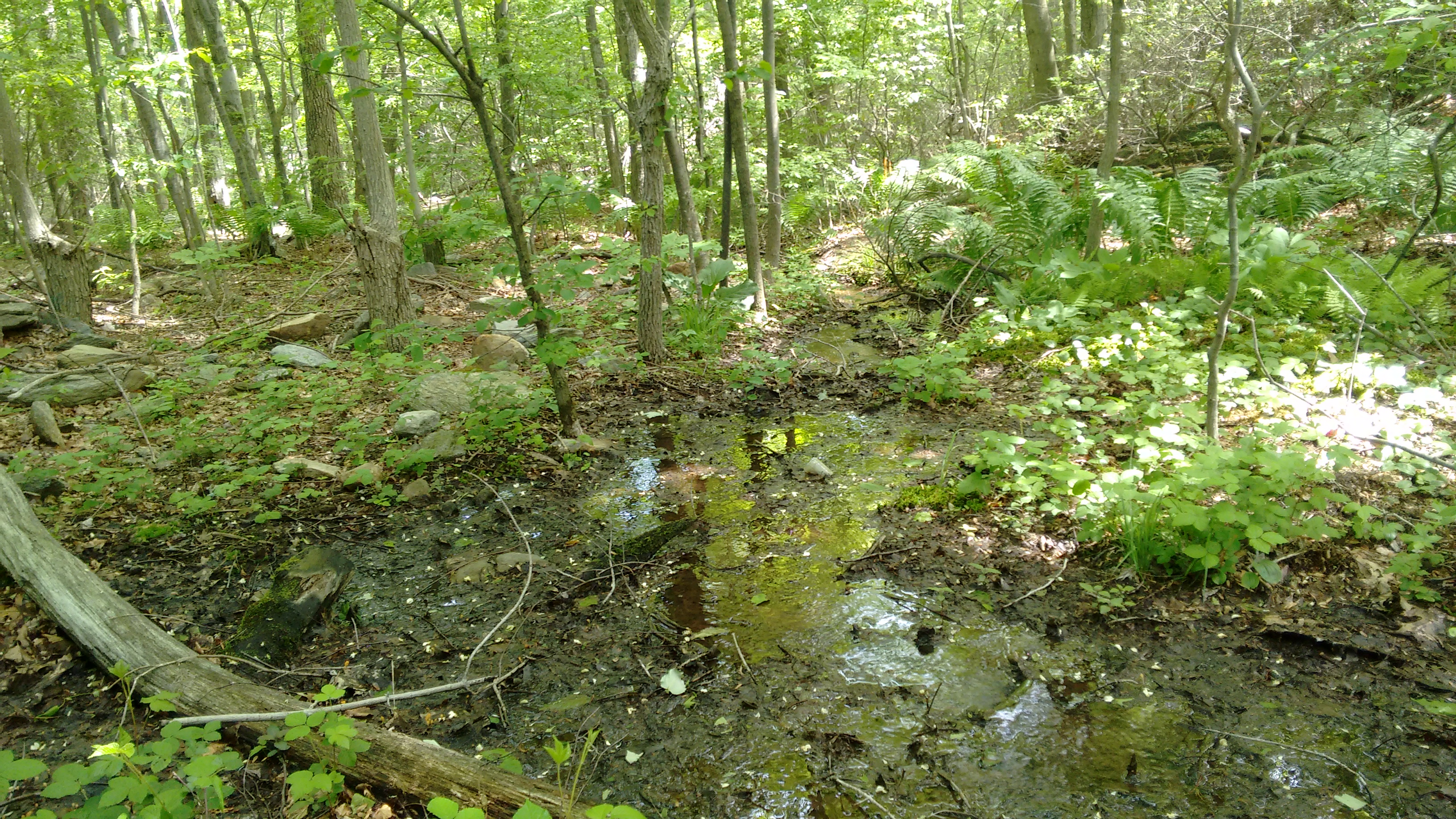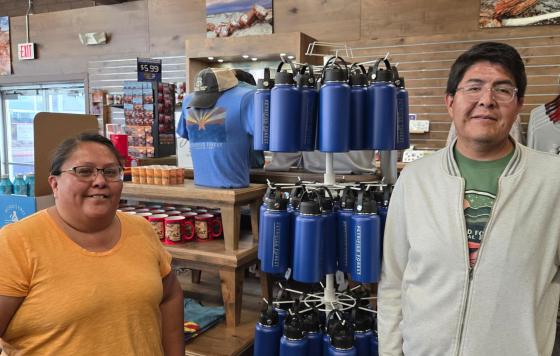
The 2025 Virginia general assembly session was a wild ride. It started with a water crisis in Richmond and a snow storm, and on top of all that the fire suppression system malfunctioned because of the water issues in the General Assembly building, which made it inaccessible for a time. All that together meant a late start to an already short 46 day session, and a new federal administration and uncertainty around federal funding for state projects resulted in even more chaos.
The session maintained the frantic energy it started with. More than 1900 bills were introduced, a total of 917 bills were passed by the state house, 599 became law, 157 were vetoed by governor Youngkin, and 159 were passed by the legislature and then amended by the governor. The majority of those amended bills were rejected by the legislature after the changes were made and did not become law.
According to our partners at the Virginia Conservation Network about 386 of those bills were relevant to the environmental community. 110 bills focused on making positive progress around environmental issues; of those bills, 33 passed. 35 bill were identified as potentially harmful; of those bills, 32 were defeated.
To zoom in on water issues: there were 13 relevant bills this session. When you include relevant items that were a part of the state budget negotiations, that number increases to 23.
Some wins:
- A bill passed to establish a wetlands policy working group to prevent wetlands loss.
- 50 Million Dollars were committed to the Community Flood Preparedness Fund.
Some of the bad news:
- Multiple efforts to study and regulate plastic and microplastic pollution failed to gain traction this session.
- An effort to include funds for a needs assessment for storm water infrastructure in Virginia’s budget was blocked by Governor Youngkin which reflected a major failure to meet Virginia’s commitment to the Chesapeake Bay Agreement.
- Data center policy was another area of serious concern around energy and water use. No legislation to regulate data centers made it through the session.
You can search all of this year's bills, what passed, and what didn’t here.
The wider context:
The uncertainty of federal funding puts Virginia’s environmental efforts in a tenuous position. Across the board, the state and federal systems are interlinked. Everything from positions at State agencies funded by recurrent federal grants to the structure of the Water Quality Improvement Fund which is directly proportional to excess revenues the state raises beyond projections. With federal funding becoming more scarce in the coming months, the available funding with also dry up. This means the states efforts around agriculture and water quality may become more pressed for funding in coming days.
What we are looking out for in the 2026 session:
At Clean Water Action there are numerous issues we have our eyes on for the 2026 session in Virginia like water use, plastic and microplastics, compost policy, and recycling, but our top priority is PFAS.
We are concerned about the land application of sewage sludge and its use as fertilizer due to its contamination with PFAS. We know sewage sludge is contaminated with PFAS, and we know the risk of it being applied to land as fertilizer. We plan to push the legislature to do more to regulate and prevent contamination of our land and water.
The risk PFAS poses goes beyond sewage sludge. In fact it is upstream facilities discharging into waterways that is linked to sewage sludge contamination to begin with, so regulating pollution sources are a major priority for us in the fight against PFAS.


